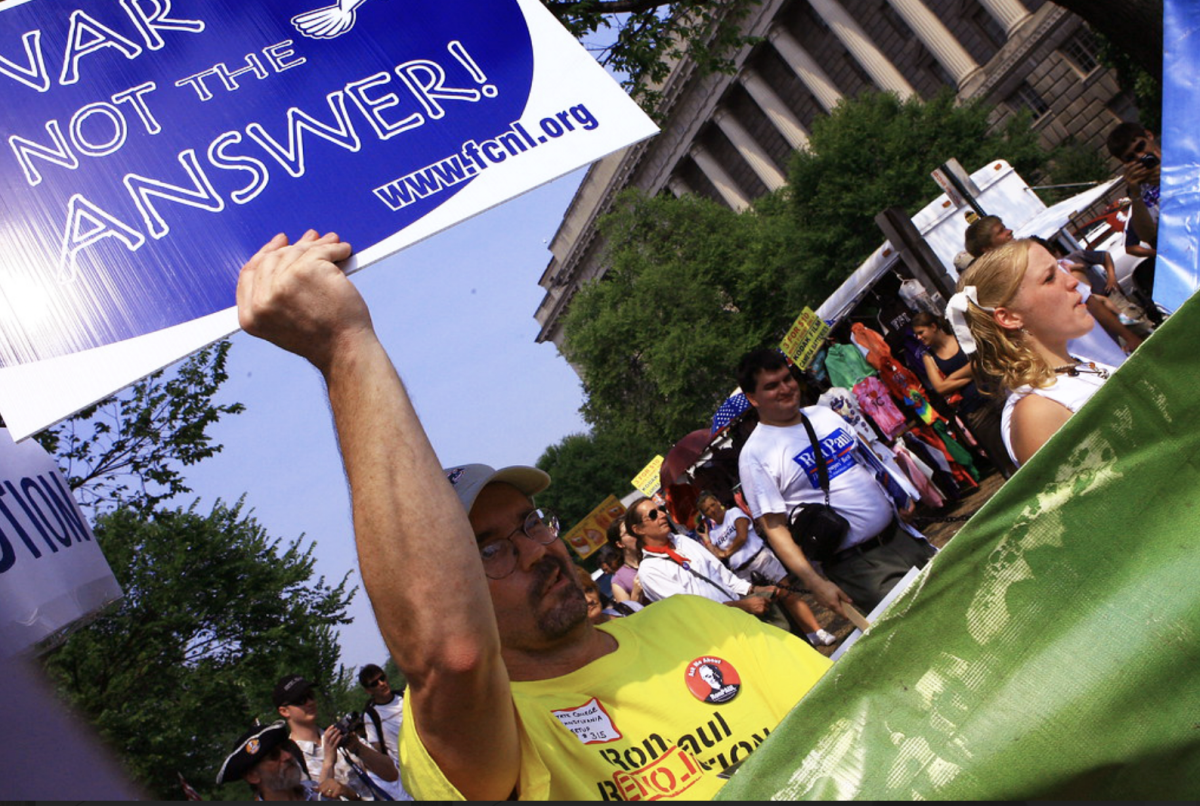
In January, the Sidwell Friends administration canceled school twice due to snow — first on Jan. 16 and second on Jan. 19. Due to Martin Luther King Jr. Day, the snow days resulted in a two-day workweek.
While applauded by some students, the relaxed start to the winter semester also raised debate over the snow day’s future — namely, whether the school should mandate virtual learning during inclement weather, according to freshman Nia George. While Sidwell lacked the infrastructure for at-home classes prior to the COVID-19 pandemic, the school has since developed distance learning capabilities, the Washington Post reported.
According to the 2023–2024 Sidwell handbook, students are limited to two snow days without classes per semester. Two-hour delays will remain unlimited.
Exceeding the two-day limit will result in at-home online learning, says the Upper School Assistant Principal for Academic Affairs Robbie Gross. Gross added that the number of mandated school days is related to a Maryland school-system requirement, affecting both campuses.
“This mandate prevents us from reclaiming an already scheduled day off to meet the required number of school days,” explained Gross.
This policy spurred mixed results among students. According to senior Anya Vedantambe, excessive snow days, while enjoyable, can limit learning and productivity.
“[Snow days] get less fun the more we have,” she said. “I’d rather have online classes than make up the time in June.”
George, however, emphasized the need for “random days of recuperation,” which could be thwarted by remote learning snow days — turning an “energizing” tradition into one with responsibilities. In turn, George said she hopes for five free snow days before the school requires distance learning.
“We deserve… a little something to break the mind-numbing cycle of school,” she said.
Freshman AJ Valbrune also said he appreciates the break provided by snow days, adding that the practice allows students “to enjoy the environment.” Vedantambe said Garman himself had previously recognized the benefits of breaks, implementing a pseudo-snow day in April 2022 — a response to no “real snow days” that winter, she said.
In addition to stress, remote learning could also challenge students’ ability to focus, according to Valbrune. For those who struggle, Valbrune said a change of environment could help motivate concentration.
“If you have work to do, do it in a fresh place,” he said. “Instead of working in your room, try working at the kitchen table to help create [a] separation between work and home.”
This question of whether schools should return to distance learning once the snow day limit has been exceeded is not a Sidwell-specific issue, according to the Hill. Schools across the country are weighing the benefits of adding school days at the end of the year versus shifting to distance learning in the event of inclement weather.










































